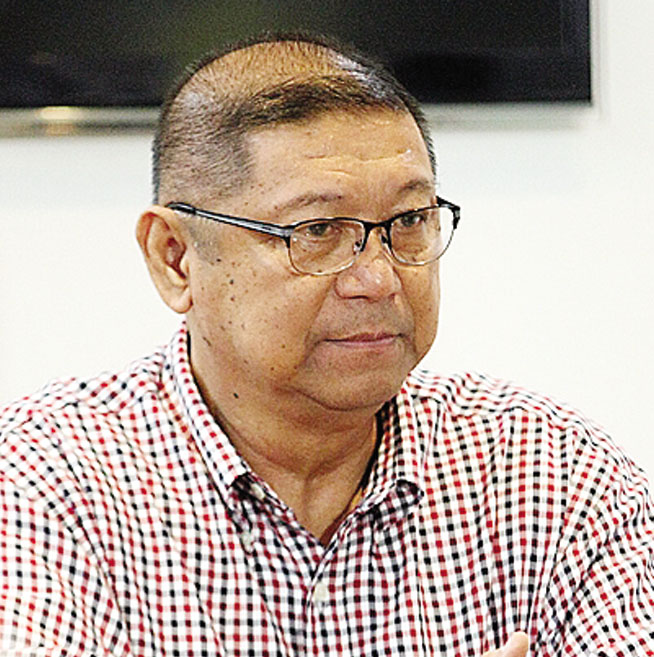There’s no reason why Filipino athletes can’t excel in next year’s SEA Games.
Aside from the home court advantage, the Filipinos will have the time and money to train in state-of-the-art facilities abroad.
To ensure the country’s success in the biennial meet, the Philippine Sports Commission through its chairman William “Butch” Ramirez has allocated P600 million for the athletes’ foreign trips.
Ramirez said the foreign exposure is critical for Filipino athletes since the Philippines will be aiming for the overall title, which last happened in 2005 when the national team won a total of 112 gold, 85 silver and 93 bronze medals.
“We will see a lot of foreign exposures for our athletes in the first six months of 2019,” said Ramirez.
Apart from foreign exposures, Ramirez also called on national sports associations with leadership issues to patch up their differences in hopes of inspiring their athletes.
“It’s time for us to unite if we want to be champion again in the Southeast Asian Games after 28 years,” Ramirez said.
A countdown led by PSC and Philippine Olympic Committee (POC) officials has started last week a year before the turn of the Philippines to host the regional sports event.
The country will host the SEA Games for the fourth time in the biennial meet’s history, and first since the 2005 Manila SEA Games. The other two SEA Games held here was in 1981 and 1991.
Following a meeting of the Southeast Asian Games Federation Council last month, the group approved 56 sports disciplines with 529 events, but will be finalized again in another meeting on Dec. 15.


